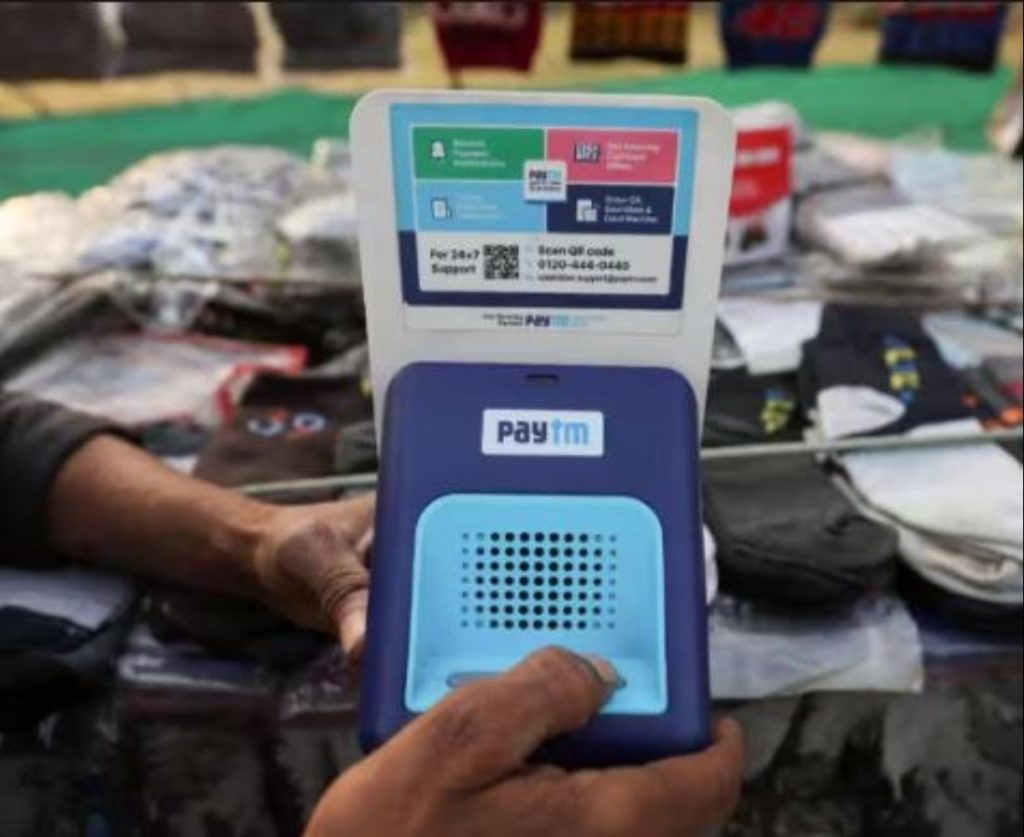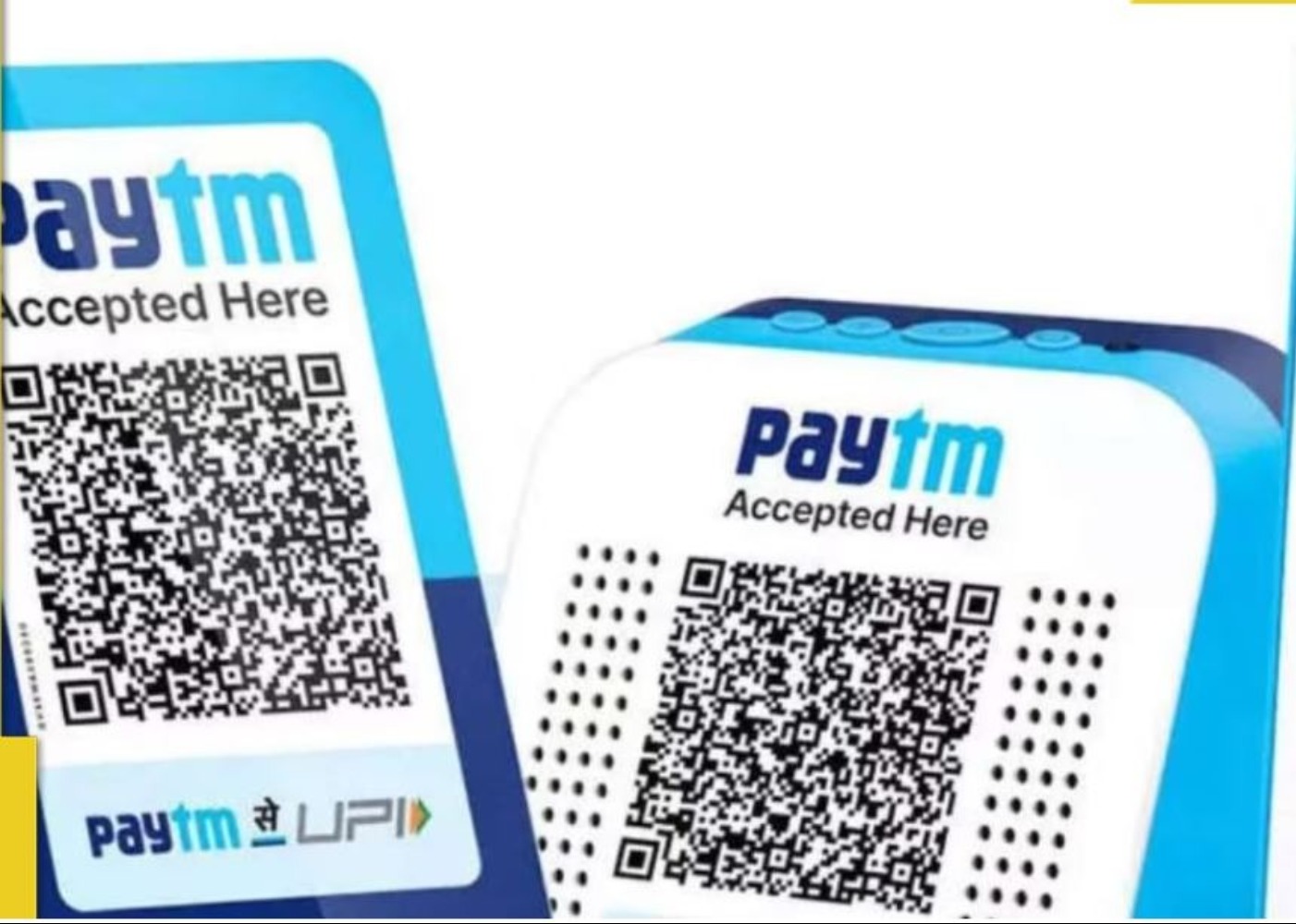This arrangement will enable existing users and merchants to continue to do UPI transactions and AutoPay mandates seamlessly and uninterruptedly.

The National Payments Corporation of India (NPCI) has granted approval to One97 Communications Limited (OCL), Paytm’s parent entity, to participate in UPI services as a Third-Party Application Provider (TPAP) under multi-bank model. To subscribe please click tau.id/2iy6f and access our live channel.
The much-awaited license would allow Paytm to continue offering Unified Payments Interface (UPI) services to its app users, after its banking unit Paytm Payment bank Limited (PPBL) ceases operations posy March 15, 2024.
ALSO READ: TATA Invests 91000 Cr
Under the new model, Paytm will now provide the payment service in partnership with four new banks–Axis Bank, HDFC Bank, State Bank of India, Yes Bank–who will act as its Payment System Provider (PSP). Previously, the fintech was powering this service via PPBL, which held the TPAP license.
With this, the @Paytm handle would also be redirected to Yes Bank. “This will enable existing users and merchants to continue to do UPI transactions and AutoPay mandates in a seamless and uninterrupted manner,” NPCI said in a statement.
Moreover, Yes Bank will act as the merchant acquiring bank for Paytm’s existing and new UPI merchants. The NPCI has advised Paytm to complete migration for all existing handles and mandates, wherever required, to new PSP banks at the earliest.
This arrangement will enable existing users and merchants to continue to do UPI transactions and AutoPay mandates seamlessly and uninterruptedly. “OCL has been advised to complete migration for all existing handles and mandates, wherever required, to new PSP banks at the earliest,” NPCI said.
National Payments Corporation of India (NPCI) was incorporated in 2008 as an umbrella organization for operating retail payments and settlement systems in India. It is focused on bringing innovations in the retail payment systems through the use of technology and is relentlessly working to transform India into a digital economy.




